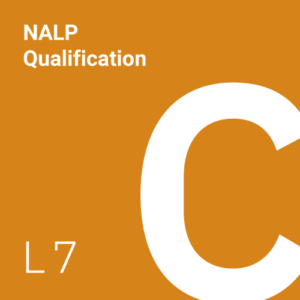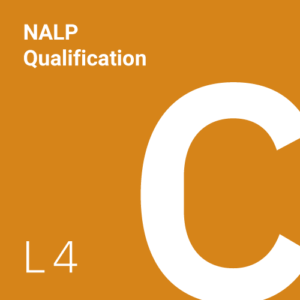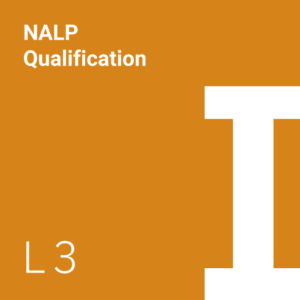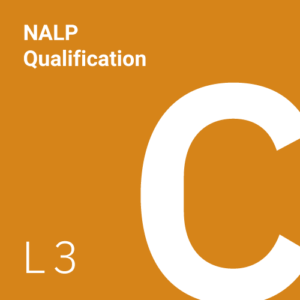- CPD Courses
- NALP Paralegal Qualifications
- Level 3 qualifications
- L3 Certificate for Paralegal Technicians
- L3 Introduction to Law for Paralegals
- L3 Legal Ethics and Responsibilities for Paralegals
- L3 Wills and Succession for Paralegals
- L3 Civil Litigation for Paralegals
- L3 Criminal Litigation for Paralegals
- L3 Commercial Law for Paralegals
- L3 Conveyancing for Paralegals
- L3 Employment Practice for Paralegals
- L3 Consumer Rights and Remedies for Paralegals
- Level 4 qualifications
- NEW Level 4 Certificate for Associate Paralegals
- L4 English Legal System – Single Unit
- L4 Contract Law – Single Unit
- L4 Law of Tort – Single Unit
- L4 Criminal Law – Single Subject
- L4 Wills, Intestacy & Family Provision – Single Unit
- L4 Civil Litigation – Single Unit
- L4 Criminal Practice – Single Unit
- L4 Matrimonial & Civil Partnerships – Single Unit
- L4 Conveyancing – Single Unit
- L4 Succession – Single Unit
- Level 5 Diploma for Senior Associate Paralegals
- Level 7 qualifications
- How to choose
- Comments from our Learners
- FAQ
- Recognition of prior learning
- FAQ
- About
- News
- Contact
L3 Certificate for Paralegal Technicians
Ideal if you’re making your first steps into a Paralegal career or you want to strengthen your knowledge of the English legal system. Whether you are looking to make your first steps into a Paralegal career or strengthen your knowledge of how the English Legal System works, the new Level 3 Certificate is ideal.
Mapped closely across the new Level 3 Paralegal Apprenticeship, this new qualification is designed to meet the needs of today’s learners. It is formed of four mandatory units, and this Level 3 Certificate will give you a good understanding of English Civil Law plus a detailed knowledge of the legal system in England and Wales.
This Level 3 qualification is a distance learning course, allowing you to work from home in your own time and at a pace that works for you. Perfect for fitting around your other commitments such as work or other studies.
All course material will be provided on enrolment and there are now also handy Learner Guides available from NALP. These contain lots of information, hints and tips on how to complete each unit.
What's included
- All course material
- Assignment and test marking
- Full tutorial support
- 1 year NALP affiliate membership
- Certificate on completion
Entry requirements
This qualification is designed to be offered to learners from the age of 16, although in practice the majority of learners are likely to be over 18.
NALP does not specify entry requirements other than that a reasonable standard of written English is required (equivalent to a Level 2/3 in English such as a GCSE grade 4/5 (old grade C), etc.). As a NALP training centre, we are required to ensure that learners who undertake these programmes have sufficient capability at the right level to be suitable to undertake a Level 3 assessment.
Assessment
The NALP Level 3 Certificate for Paralegal Technicians is assessed via multiple choice question papers, which are undertaken monthly at pre-arranged dates/times, and written assignments which are undertaken on demand by the learner as they complete each unit of study.
The multiple-choice papers will be completed over a secure service on pre-arranged dates, usually the last Friday of each month. You will be provided with full details.
You will have two weeks to complete the written assignment elements of the assessment. These will be supplied when requested and must be completed and uploaded to a secure portal within two weeks. Again, all details will be provided.
Compulsory units
This unit will give you an understanding of the civil and criminal litigation process.
You will be given a clear understanding of the law of contract in England and Wales in this unit.
This unit will give you a clear knowledge of the responsibilities of paralegals in a professional setting including their ethical and codes of conduct duties.
In this unit, you’ll gain a detailed knowledge of the legal system in England and Wales
Qualification
Level 3 Certificate for Paralegal Technicians
Compulsory units
- Introduction to Law for Paralegals
- Introduction to Professional Conduct for Paralegals
- Introduction to Law of Contract for Paralegals
- Introduction to Litigation and Dispute Resolution for Paralegals
Study type
Online learning



